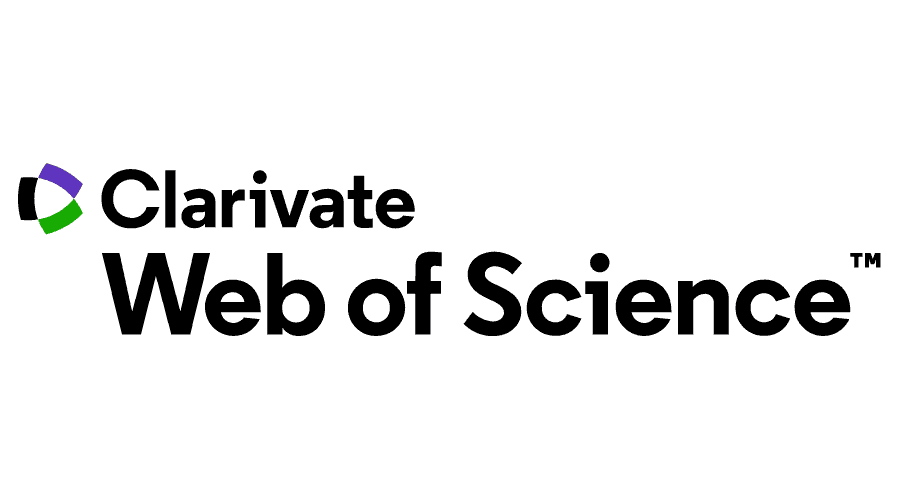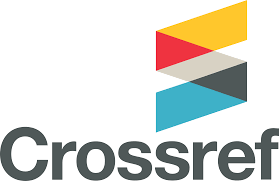Abstract
Research Aims: This study examined the influence of intellectual capital (IC) elements, namely human, structural and relational capital, on the performance of small and medium-sized enterprises (SMEs) in Malaysia. In addition, it examined the effects of IC elements on performance from the perspective of lifecycle stages. Methodology: This study employed a survey method using questionnaires. A total of 1000 questionnaires were mailed to chief executive officers (CEOs) and managers of SMEs in various industries, such as the professional, food and beverage (F&B) and engineering industries, around Klang Valley, Malaysia. Research Findings: The results of this study indicated that all elements of IC showed positive and significant effects on firm performance. The findings also revealed that the influence of human capital on business performance is stronger in the growth stage. The effects of structural capital and relational capital on business performance were not changed in different lifecycles. Theoretical Contribution: This is the first study to articulate the resource-based view (RBV) and organisational lifecycle (OLC) in SMEs' performance investigation. It proved that the relationship between IC and business performance should not be investigated at a single point of time; rather, it must be contextualised by its lifecycle. Managerial Implications in the South East Asian Context: The findings from this study may help managers of SMEs in South East Asia to identify the appropriate IC elements by stages. This study suggests that SMEs that mobilise structural and relational capital must begin from birth and continue during the growth stage until the maturity of the business, while human capital is argued to be emphasised during the growth stage. Research Limitation and Implications: This study suffers from a lack of generalisability due to a small sample size in relation to a large population of SMEs. The data were also gathered at a single timepoint, where the answers provided were based on the assessment of current employees, internal structures, external relationships and performance. The adoption of a cross-sectional design meant that the study could not capture the changes that occurred related to IC elements and firm performance.
Recommended Citation
Muda, Salwa; Rahman, Mara Ridhuan Che Abdul; Hamzah, Noradiva; and Saleh, Norman Mohd
(2020)
"Intellectual Capital and SMEs’ Business Performance from an Organisational Lifecycle Perspective,"
The South East Asian Journal of Management: Vol. 14:
No.
1, Article 5.
DOI: 10.21002/seam.v14i1.11939
Available at:
https://scholarhub.ui.ac.id/seam/vol14/iss1/5
Included in
Management Information Systems Commons, Management Sciences and Quantitative Methods Commons











